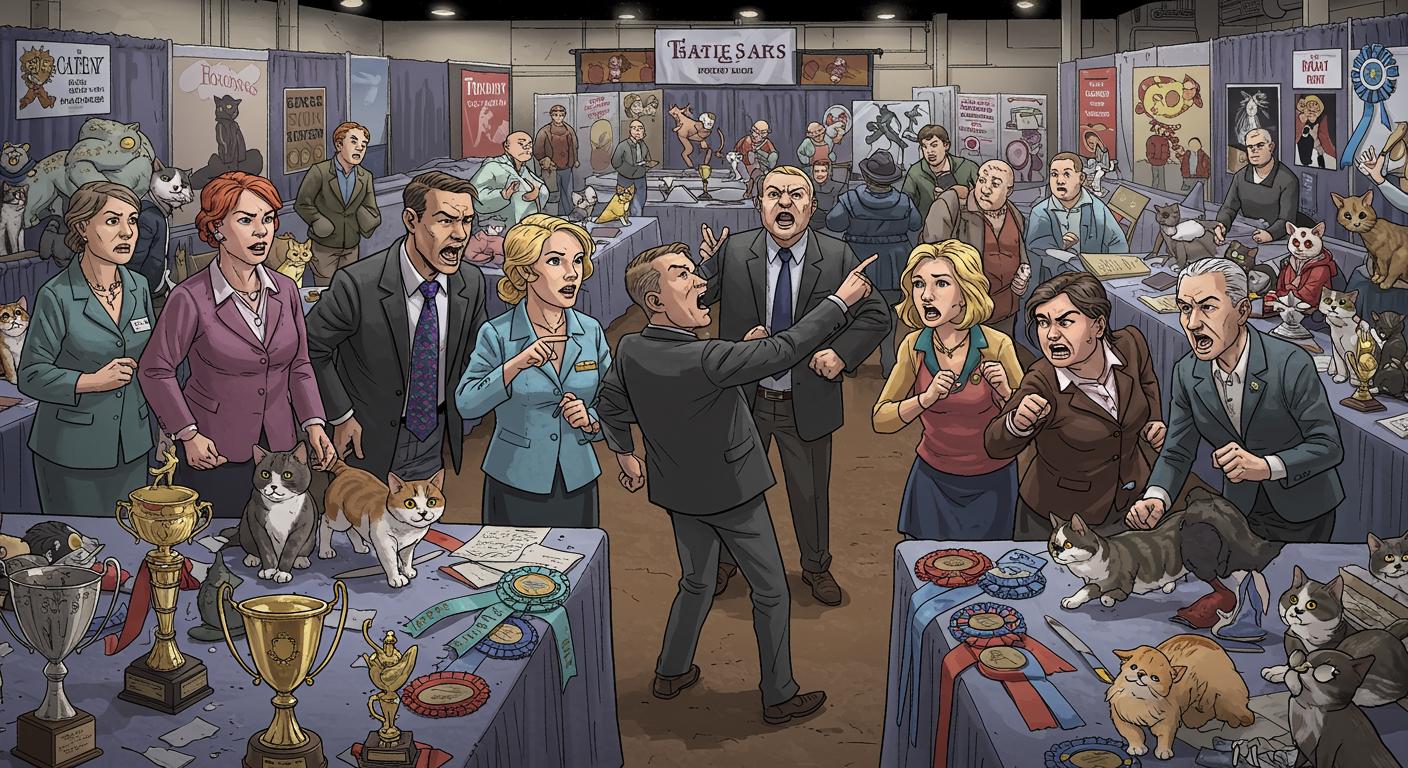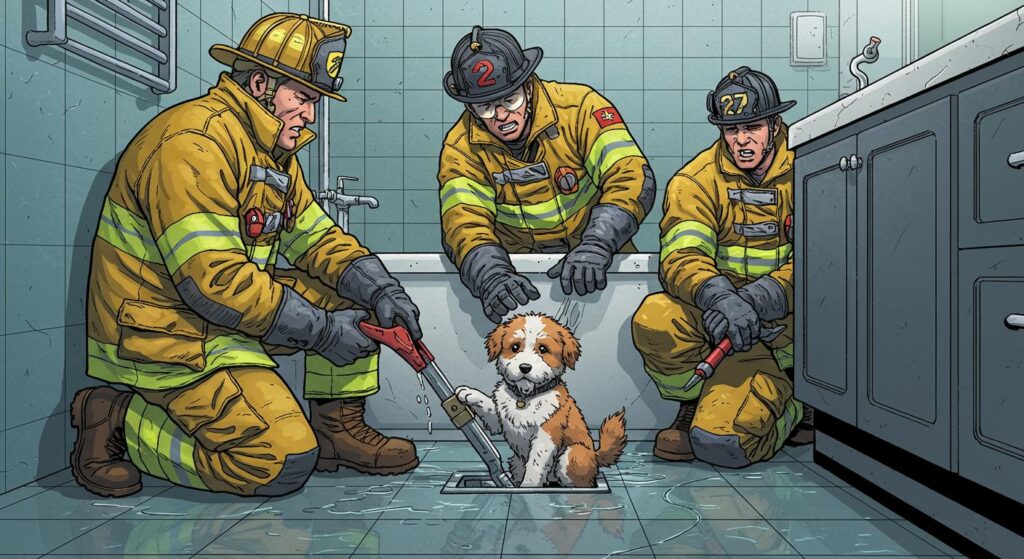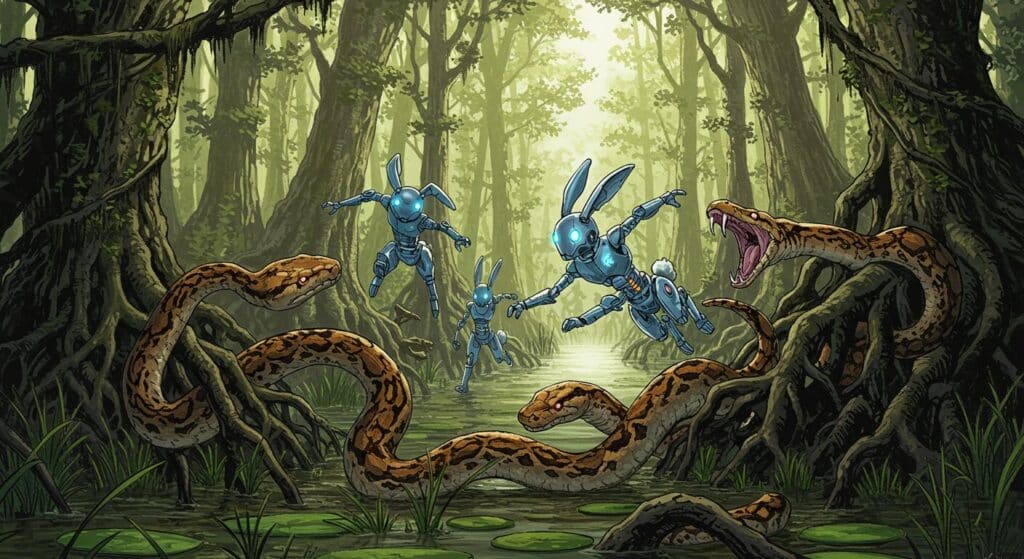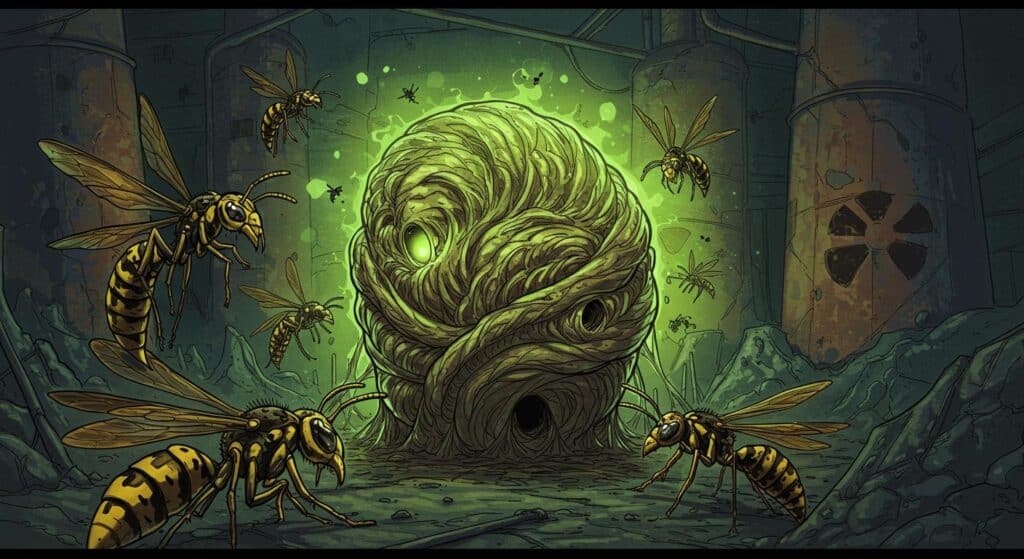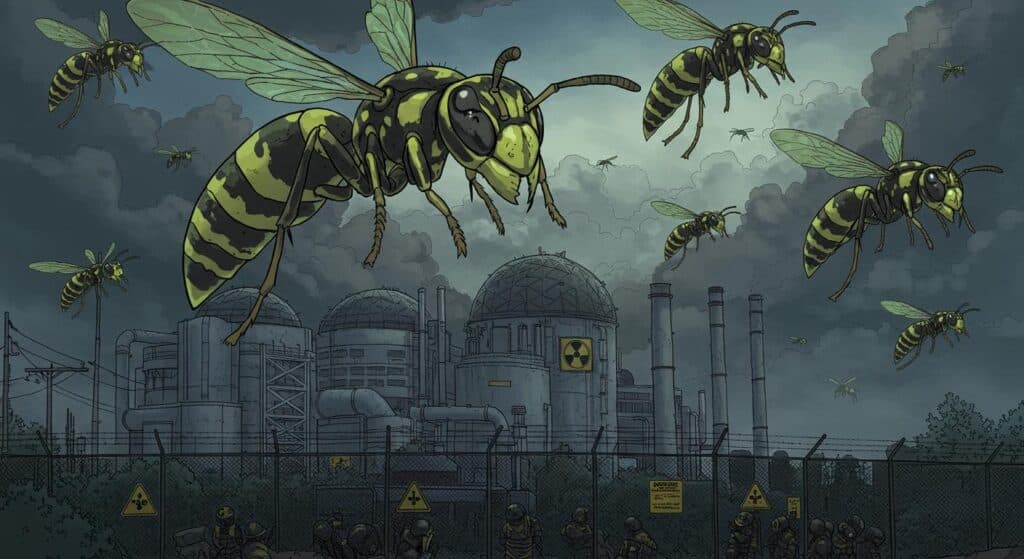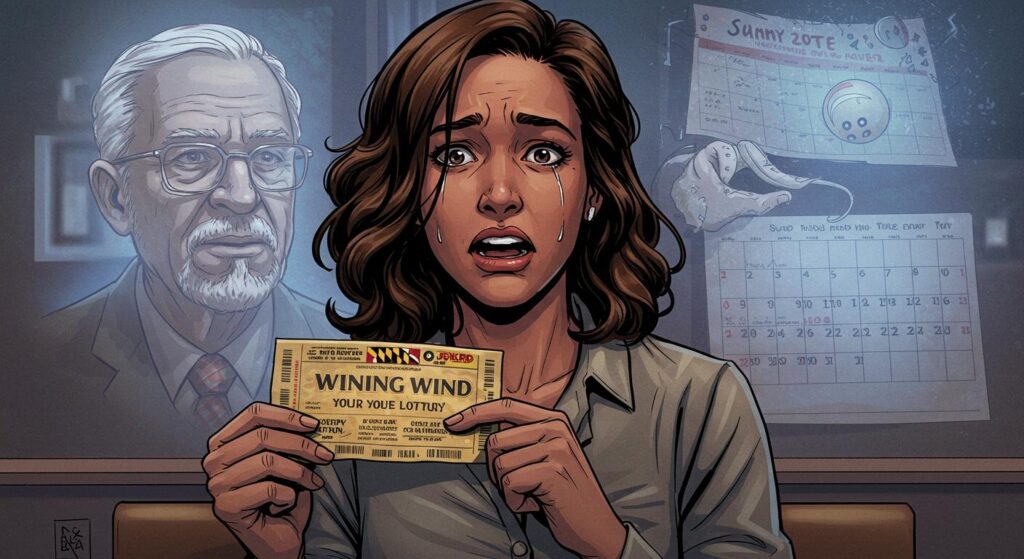If your idea of a cat show conjures images of genteel pet owners fastening tiny bows to serene Persians, recent events suggest something a touch more theatrical—and not in the musical sense. According to an ITV News report, the British cat show circuit has become a hotbed of cancellations, accusations, and customers anxiously checking their bank statements for refunds rather than ribbons.
Fur, Refunds, and Feline Feuds
As documented by ITV News, the UK’s appetite for competitive feline exhibition has been on the rise—cat shows now lure large crowds eager for a glimpse of the nation’s fanciest felines. It wasn’t all whiskers and rosettes this season: the report highlights that three prominent events organized by Loving Cats Worldwide (LCWW) were scratched from the calendar, leading to a trail of disgruntled would-be attendees and, inevitably, a stream of unanswered refund requests stacking up like a collection of unraveling scratching posts.
Among those affected, over a dozen people reached out to ITV News with complaints that ticket fees—such as the £60 for two tickets paid by Kate Sheppard—had yet to resurface months after the cancelled shows. “That’s not a small amount, especially with the cost of living crisis,” Sheppard remarked in frustration, a sentiment echoed by many.
Steven Meserve, the figure at the helm of LCWW, attributes these cancellations to what he describes as an orchestrated online campaign against him. In an exchange recounted by ITV News, Meserve explained, “We are refunding on a rolling basis and to the best of our ability. But we don’t have any revenue. There’s no revenue. I’m doing everything I can to rebuild what I built after I was decapitated.” If nothing else, the metaphors are certainly as attention-grabbing as the situation itself.
Rival Kittens and Copycats
As the ITV News piece details, this drama features a secondary protagonist: Kelly Makdissy, a former associate of Meserve’s, who is now running her own cat shows. Makdissy claims she too is owed money by LCWW but firmly denies any involvement in the alleged online campaign. She’s also quick to repel any accusations that her shows are mere imitations, offering: “It depends how you look at it, for me it’s not a copy cat because all the show rules are different.” She adds, with a wink to feline wordplay, “To be fair I wouldn’t want to copycat LCWW, here we have actual members that are cat breeders from all different aspects of life.” Her insistence on difference comes across as equal parts marketing and gentle shade.
ITV News points out that, with roughly a quarter of households in the UK owning cats, the untapped audience for these events is sizable—though the infrastructure for feline fame lags behind the spectacle and sponsorship of dog expos like Crufts. Meserve himself paints LCWW as the potential answer to this canine-centric imbalance, telling the outlet, “There is no Crufts for cats. We are the equivalent to that—and that’s where we will be. We’re growing one city at a time.” Whether competitive cats will ever match the glamour (or the cash prizes) of their canine rivals remains an open question. Is Britain truly ready for a cat show on the grand scale of Crufts, or is the sector destined for a future filled with rival organizers and refund emails?
Cats, Not Just for Instagram Anymore
A detail underscored by the charity Cats Protection—also referenced in ITV News’s reporting—is that while owners may revel in these exhibits, the experience itself can be highly stressful for the animals. It’s a neat twist: the humans may be embroiled in disputes worthy of reality television, yet the actual cats are probably just yearning for a quiet nap amid the prize ribbons.
Reflections from the Bleachers
This particular corner of the competitive animal world, it seems, is as vulnerable to rivalry and human error as any other. Perhaps it was inevitable that the explosion in cat show popularity would come with a tangle of refund forms and contested narratives—one has to wonder if the phrase “catty drama” has ever felt quite so appropriate.
As ITV News observes, the real tension at the moment circles around the organizers rather than the pets themselves. For everyone else, the spectacle provides a gentle reminder: behind every well-brushed coat and immaculate white mitten, there may be an email thread about unmet refunds—proof that the world of competitive cat shows is, indeed, more alleyway than catwalk.
Are we witnessing the birth of a new feline institution or just another cautionary tale with whiskers attached? For now, the cats themselves seem content to watch from windowsills, away from the spotlight—and the spreadsheets.

